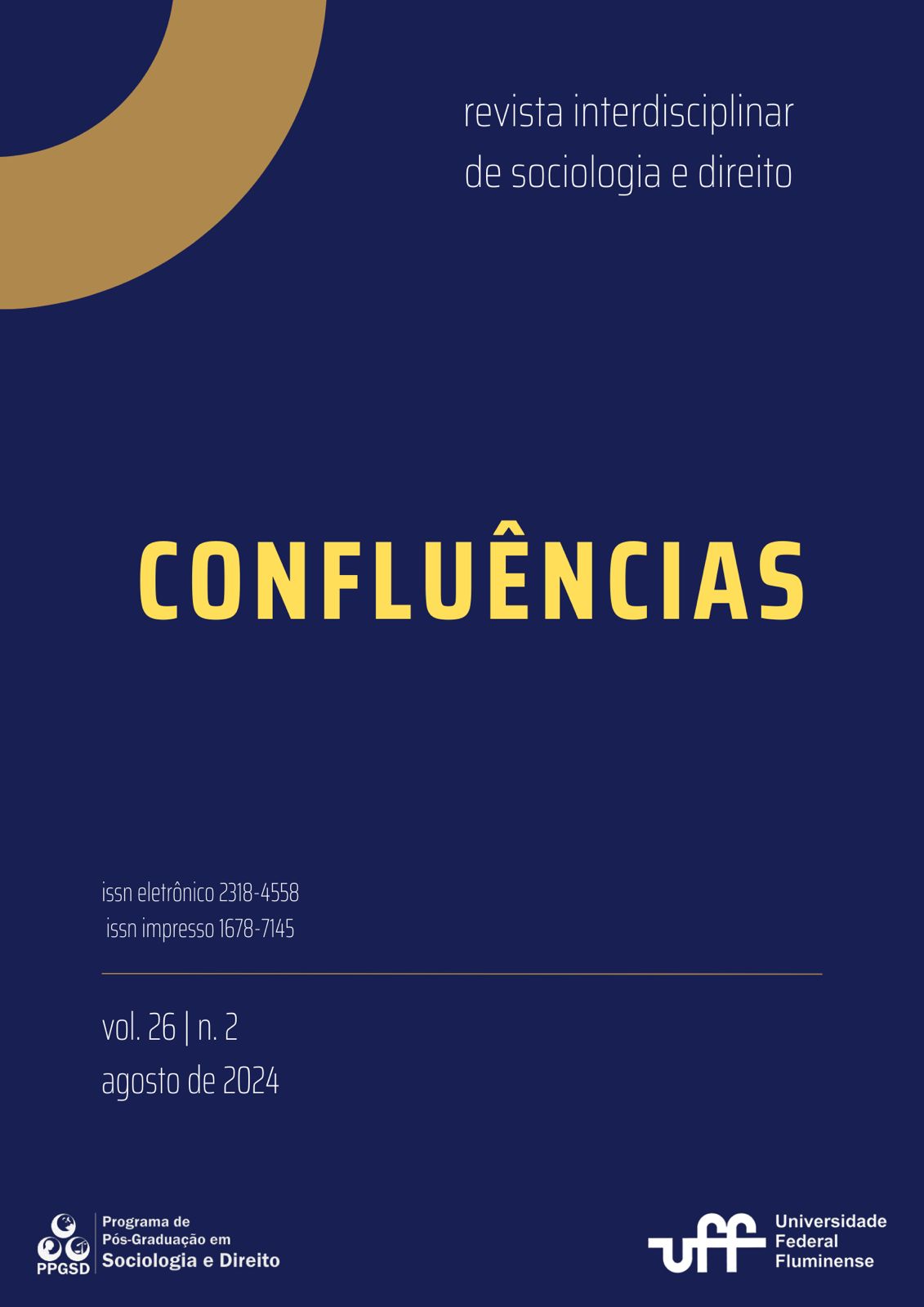O PAPEL DO ACORDO DE ESCAZÚ PARA UMA NOVA AGENDA URBANA
DOI:
https://doi.org/10.22409/conflu.v26i2.62461Resumo
A ressignificação dos espaços urbanos precisa da democracia participativa via três pilares: 1. Acesso à informação, 2. Participação pública, e 3. Acesso à justiça ambiental, ora regidos pelo Acordo de Escazú, os quais estão dimensionados em escala regional da América Latina e Caribe para sustentar a participação deliberativa disposta pelos Planos Diretores Municipais, em exemplo, do Brasil no contexto de eventos climáticos e de desastres. Foi utilizado o método indutivo com metodologia dotada de fontes primárias com a análise documental da Agenda 2030 e da Nova Agenda Urbana, com fontes secundárias mediante o uso de bibliografias. Os pilares são um eixo de proteção do ambiente, dos direitos humanos e dos seus defensores. Isso se dá quando os indivíduos exercem os seus direitos sociais, econômicos e culturais. Por efeito, tem-se o desalinhamento extraterritorial, o afasta da sua eficiência por uma melhor adequação e prevenção de eventos climáticos e de desastres, dando sentido concreto à justiça ambiental.
Downloads
Downloads
Publicado
Edição
Seção
Licença
Copyright (c) 2024 Filipe Bellincanta de Souza, Francisco Canella

Este trabalho está licenciado sob uma licença Creative Commons Attribution-NonCommercial 4.0 International License.
Os autores mantêm os direitos autorais e concedem à revista o direito de primeira publicação, com o trabalho simultaneamente licenciado sob a Licença Creative Commons Attribution que permite o compartilhamento do trabalho com reconhecimento da autoria e publicação inicial nesta revista. Têm autorização para assumir contratos adicionais separadamente, para distribuição não-exclusiva da versão do trabalho publicada nesta revista (ex.: publicar em repositório institucional ou como capítulo de livro), com reconhecimento de autoria e publicação inicial nesta revista. Possuem permissão e são estimulados a publicar e distribuir seu trabalho online (ex.: em repositórios institucionais ou na sua página pessoal) a qualquer ponto antes ou durante o processo editorial, já que isso pode gerar alterações produtivas, bem como aumentar o impacto e a citação do trabalho publicado.







